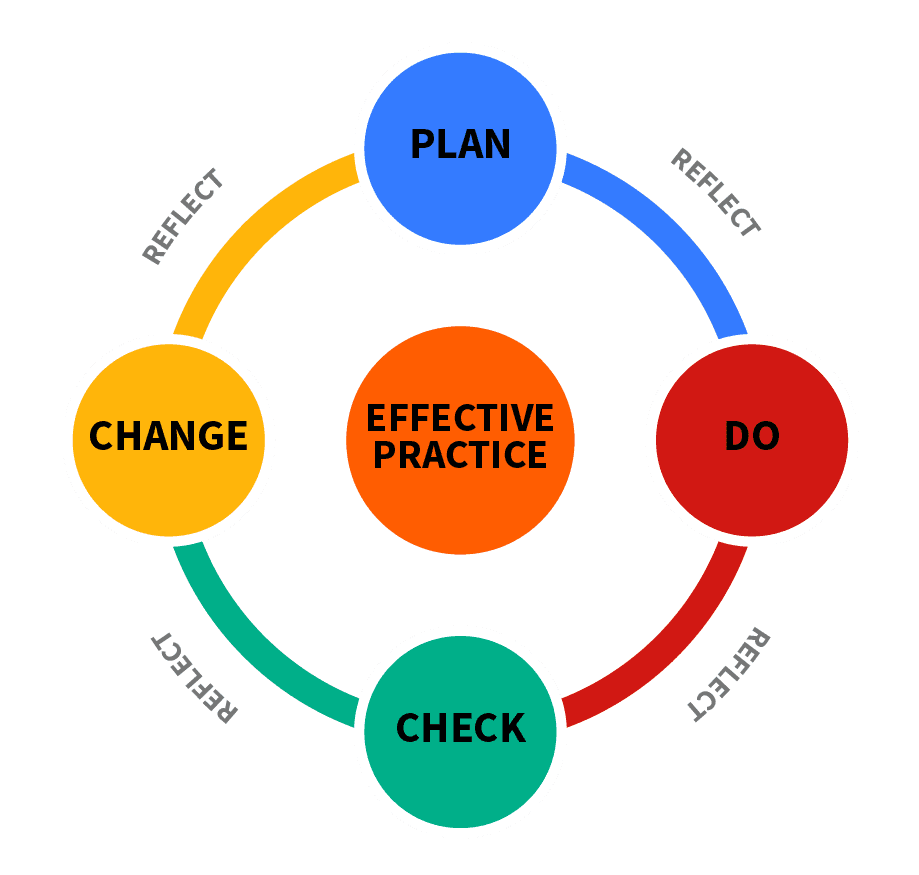Nick Milton
-
Nick Milton wrote a new post on the site CYBERCASEMANAGER ENTERPRISES 4 years, 7 months ago
What’s in it for the Knowledge worker, when you introduce Knowledge Management to an organisation? This is a crucial question you need to answer.Luckily it’s an easy one to answer as well.We have already […]

-
Nick Milton wrote a new post on the site CYBERCASEMANAGER ENTERPRISES 4 years, 7 months ago
Where should knowledge be stored? There are many answers to this question! A common answer is to say that knowledge should be stored in people’s heads, and some would argue that knowledge exists ONLY in human […]
-
Nick Milton wrote a new post on the site CYBERCASEMANAGER ENTERPRISES 4 years, 8 months ago
Many client organisations ask us “how do we promote Knowledge sharing and learning to become part of our culture”? I tell them that they probably already have the answer to that question.Culture change model […]

-
Nick Milton wrote a new post on the site CYBERCASEMANAGER ENTERPRISES 4 years, 8 months ago
A great video from the TRADOC Facebook page, which I saw on Linked-In and share here.General Funk refers to one of his principles – TOPS (Take Other People’s Stuff) – as the rationale behind KM. More on TOPS here.
-
Nick Milton wrote a new post on the site CYBERCASEMANAGER ENTERPRISES 4 years, 8 months ago
Someone senior has asked you to introduce Knowledge Management and is providing you with some time and budget for this. What should you ask them to do for you in return? Most or all KM initiatives have an […]

-
Nick Milton wrote a new post on the site CYBERCASEMANAGER ENTERPRISES 4 years, 8 months ago
There are three main classes of challenge to introducing KM. We can call them Awareness, Willingness, and AbilityMountain challengeCresta route, Ben NevisThe awareness challenge can be summed up as follows The […]

-
Nick Milton wrote a new post on the site CYBERCASEMANAGER ENTERPRISES 4 years, 8 months ago
A month ago, I opened a survey to investigate how KM has fared during the pandemic and associated recession. Here are the results.We conducted the last of our three triennial Knoco Global Surveys of Knowledge […]

-
Nick Milton wrote a new post on the site CYBERCASEMANAGER ENTERPRISES 4 years, 8 months ago
Does KM have to be a project? We argue that it does.Image from wikimedia commonsImplementing KM means building something new within your organisation. A new management framework, a new way of working, a new set of […]

-
Nick Milton wrote a new post on the site CYBERCASEMANAGER ENTERPRISES 4 years, 9 months ago
There are three question to answer, to know whether you need KM.If you are considering whether to invest in Knowledge Management, there are three questions you need to ask. These are listed and explained below. Is […]

-
Nick Milton wrote a new post on the site CYBERCASEMANAGER ENTERPRISES 4 years, 9 months ago
In this YouTube video, Vivek Raman describes how KM at the Asian Development Bank is moving from a Push model (driven by knowledge supply) to Pull model (driven by knowledge demand) for its knowledge products and […]
-
Nick Milton wrote a new post on the site CYBERCASEMANAGER ENTERPRISES 4 years, 9 months ago
The world is too complex for us to get things right first time. So what matters is the speed at which we adapt and learn.Image from wikimedia commonsThe British historian Michael Howard wrote, on the subject of […]

-
Nick Milton wrote a new post on the site CYBERCASEMANAGER ENTERPRISES 4 years, 9 months ago
Knowledge transfer often requires several steps, and knowledge can get stuck along the way. But where are those sticky points? I have often used the analogy of a Supply Chain when looking at knowledge transfer, […]

-
Nick Milton wrote a new post on the site CYBERCASEMANAGER ENTERPRISES 4 years, 9 months ago
Please take 5 minutes to reply to this short survey on how the Covid pandemic and accompanying recession has affected KMImage from wikimedia commonsIf you were involved in an organisational Knowledge Management […]

-
Nick Milton wrote a new post on the site CYBERCASEMANAGER ENTERPRISES 4 years, 10 months ago
Humans have a habit of combining concepts into “chunks”. It helps us remember things more easily, but the jargon associated with “chunks” can confuse others when we try to communicate, if they don’t have the same […]

-
Nick Milton wrote a new post on the site CYBERCASEMANAGER ENTERPRISES 4 years, 10 months ago
I often argue that safety management is a good analogy to knowledge management. Here are 5 things KM can learn from safety.Image from wikipediaSafety management and knowledge management are close analogues. Both […]

-
Nick Milton wrote a new post on the site CYBERCASEMANAGER ENTERPRISES 4 years, 10 months ago
The latest in my continuing series of KM value stories.This one comes from this interview with Balaji Iyer; head of KM for Grant Thornton INDUS. Balaji states that “KM has positively impacted both the top line an […]
-
Nick Milton wrote a new post on the site CYBERCASEMANAGER ENTERPRISES 4 years, 10 months ago
There are four ways to manage bodies of codified knowledge – tagging, collection, curation and synthesis. We can illustrate this by looking at lesson learned systems.Content Curation Process, by Automotive Social, […]

-
Nick Milton wrote a new post on the site CYBERCASEMANAGER ENTERPRISES 4 years, 10 months ago
There are two end-member camps in the KM world – those who think KM is something revolutionary which is going to change the world, and those who think its nothing new, and nothing really different. I have a foot […]

-
Nick Milton wrote a new post on the site CYBERCASEMANAGER ENTERPRISES 4 years, 11 months ago
One of the major differences between a Knowledge Management Toolbox and a Knowledge Management Framework is that in a framework, the components are joined up. Image from wikimedia commonsI have blogged before […]

-
Nick Milton wrote a new post on the site CYBERCASEMANAGER ENTERPRISES 4 years, 11 months ago
Sometimes your organisation needs to acquire new knowledge, new know-how or new capability. Here are 7 ways to approach this.Knowledge Acquisition is a core component of Knowledge Management. ISO 30401:2018 […]

- Load More















